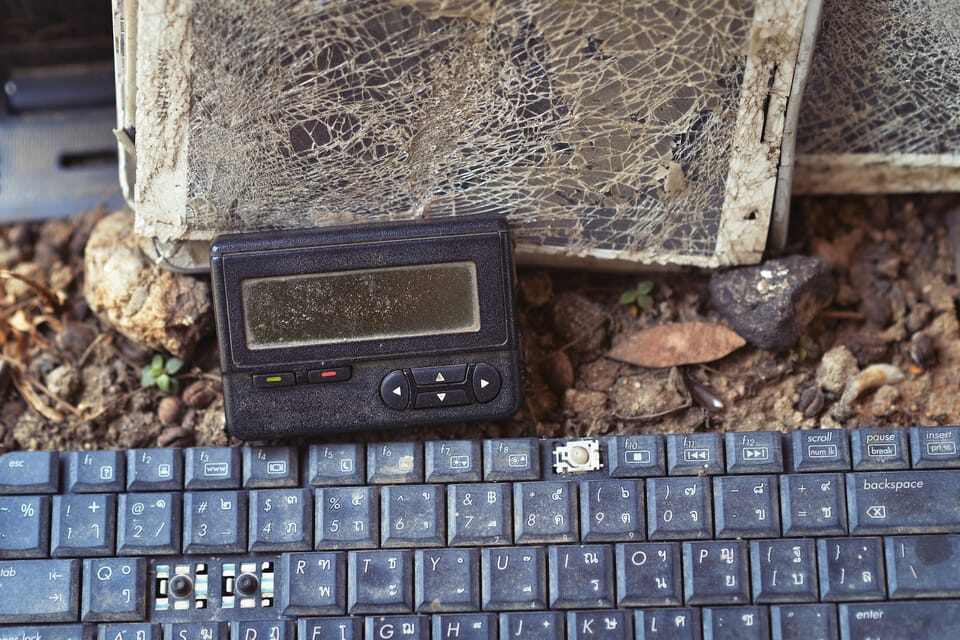Have the pager bombs restored Mossad’s reputation in Israel?
Key takeaways:
- Israeli social media users generally assume that Mossad was behind the explosion of thousands of pagers in Lebanon.
- Sentiment around Mossad rose sharply after the attacks, and it appeared that a majority of Israeli social media users approved of them.
- Most online commentators credited Mossad with daring and ingenuity, but people were divided about how much credit should go to Prime Minister Netanyahu.
The Israeli government has denied responsibility for the explosion of thousands of pagers in Lebanon last week. On Israeli social media, however, there was little doubt: the attacks were the handiwork of the Institute for Intelligence and Special Operations, known as Mossad.
Using its data platform Talisman, FilterLabs has been following social media chatter about the attacks, which appeared to target members of the Hezbollah militia group:
Mossad has a fearsome reputation, but the agency’s prestige suffered somewhat after it had to admit that it “was also surprised” by the October 7th attacks, just like the Israel Defense Forces (IDF) and the rest of the Israeli government.
On Israeli social media, Mossad’s prestige appeared to be on the rise this past week. Israelis eagerly speculated about how the attack could have been pulled off, gleaning information from the international press and even Arab sources. Most commenters—on social media, messaging platforms, etc.—were impressed, even jubilant. There were jokes about the names of the Mossad agents involved (i.e., “Mota Rolla”). On Tapuz, an Israeli social discussion platform, a commenter wondered if the next bombs would be hidden in pigeons or plastic cups.
The general consensus could be summed up by a post on X (née Twitter): “Mossad outdid themselves.”
When there was criticism, it was about the timing. On Tapuz, critics were not upset about the attacks—only upset that they hadn’t happened sooner.
There was less agreement over how much credit should go to Prime Minister Netanyahu. He was “observed in the area of Mossad headquarters,” some noted, and therefore might well have known about the operation. Some social media users complained that he always looked for approval when something went well, and ducked responsibility whenever anything went wrong, while others responded that his critics were doing the exact same thing, refusing to give acknowledgement where it was due.
In sum, the attacks appear to have bolstered many Israelis’ faith in their security services, but not necessarily their faith in their political leaders.
%20-%20Tradmark.png)
